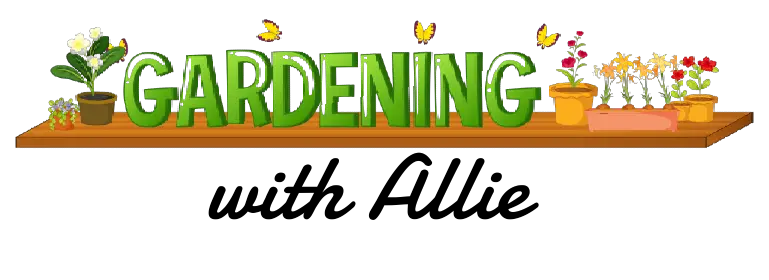Plants are very intuitive beings. They are alive and have many more thoughts and feelings than you may understand or know. Plants have a circadian rhythm, or in plants, we like to call it nyctinasty, plants responding to darkness. You see this a lot with tomatoes. Sometimes you’ll actually see tomato seedlings close at night, but why do they do that?
There are a few reasons why tomato seedlings close up at night and why they use their circadian rhythm to close their leaves. It has been found that plants do this to retain moisture and preserve their energy for optimal growth. They can do this based on temperature and environmental cues.
To learn more about plants, their natural rhythms, and why they need to close up at night, continue reading.

Why Do Seedlings Close At Night?
Scientists do know that plants have a nyctinastic response to darkness. Apart from that, some key evolutionary seedlings have picked up to protect themselves at night. These are some of the biggest theories as to why plants have learned to close up at night.
To hold in moisture
- Dew and other moisture will usually collect at the tips of plant petals during the day. It is said that the act of “closing up” draws the moisture down to the center of the plant. This act of closing up also will hold in any moisture and make sure it doesn’t escape during the night.
Reduce the risk of freezing
- When the sun goes down and the temperature drops, this is when freezes usually happen. A plant’s natural protection against freezing is to close its petals up in hopes that it can retain any energy and heat, thus preventing itself from freezing. This theory was made popular by Charles Darwin.
Save energy
- Think of it as sleeping. Humans, during the night, rest. We close our eyes, lay down, and get comfortable. A plant closing its leaves or petals is essentially the same idea. They are resting.
Protecting pollen
- There are many reasons why a plant would want to protect its pollen. It can keep all its precious pollen inside the plant by closing up at night, and reproduction will be much more successful. Pollen is collected and transferred by birds and bees, creatures that are up and awake during the day, so a plant can protect its pollen from unwanted visitors or night winds and cold.
What Kind of Plants Close Their Leaves at Night?
Surprisingly, not all plants close their leaves at night. Some may have different responses to light or don’t have a reason to save their energy during this time. It has been found that more sensitive plants are known to close up. Here are some examples of plants and flowers that like to “sleep” during the night.
- Beans/Legumes
- Peas
- Clovers
- Alfalfa
- Poppies
- Tulips
- Magnolia
- Orchids
Do Indoor Plants Close At Night?
House plants follow the same rhythm that plants outdoors do. So most house plants close at night to open in the morning and reveal their lovely aroma. Since we usually have to leave house plants by a window or by lights, this is how they know to open and close.
However, some house plants do not mind the darkness and will not close. These plants are great in situations where there is low light or bad lighting. If you don’t have many windows in your house or are looking for something like a basement plant, these plants would be great for you.
- Chinese Evergreen is a very easy to grow, hardy plant that can grow in either good sunlight or no light.
- Calathea- or the “prayer plant” is a very popular house plant, and this plant does open and close its leaves- hence the term prayer plant. However, this plant does thrive in low light levels as well as medium light. Direct sunlight can cause the colors of the plant to fade.
- Spider Plant- Another very easy plant to grow that requires little attention. Does great in low light situations.
- Philodendron- A fast growing, great indoor plant. Likes almost no light at all, grows very well in dark rooms.
- ZZ Plant- An African plant, this plant is great for office spaces or rooms that a lamp may only light but also does well in brighter rooms.
Final Thoughts
Most plants, just like you or I, need a good rest at night to be able to feel refreshed and to grow properly. Although a select few don’t follow the circadian rhythm, these plants usually don’t have flowers and are rugged, easy to grow plants. So if you notice your seedlings closing up at night, don’t be alarmed; they are just sleeping and doing what they are supposed to. Happy gardening!

Hi there, my name is Allie and welcome to my blog; GareningWithAllie!
Much of what you see written here is just our personal experiences with gardening. Along with the content I write here, there is also a unique collection of gardening topics covered by some of our close friends. I hope you find everything you read here to be helpful, informative, and something that can make your gardening journey the most lovely experience ever! With that said, Happy Gardening!
